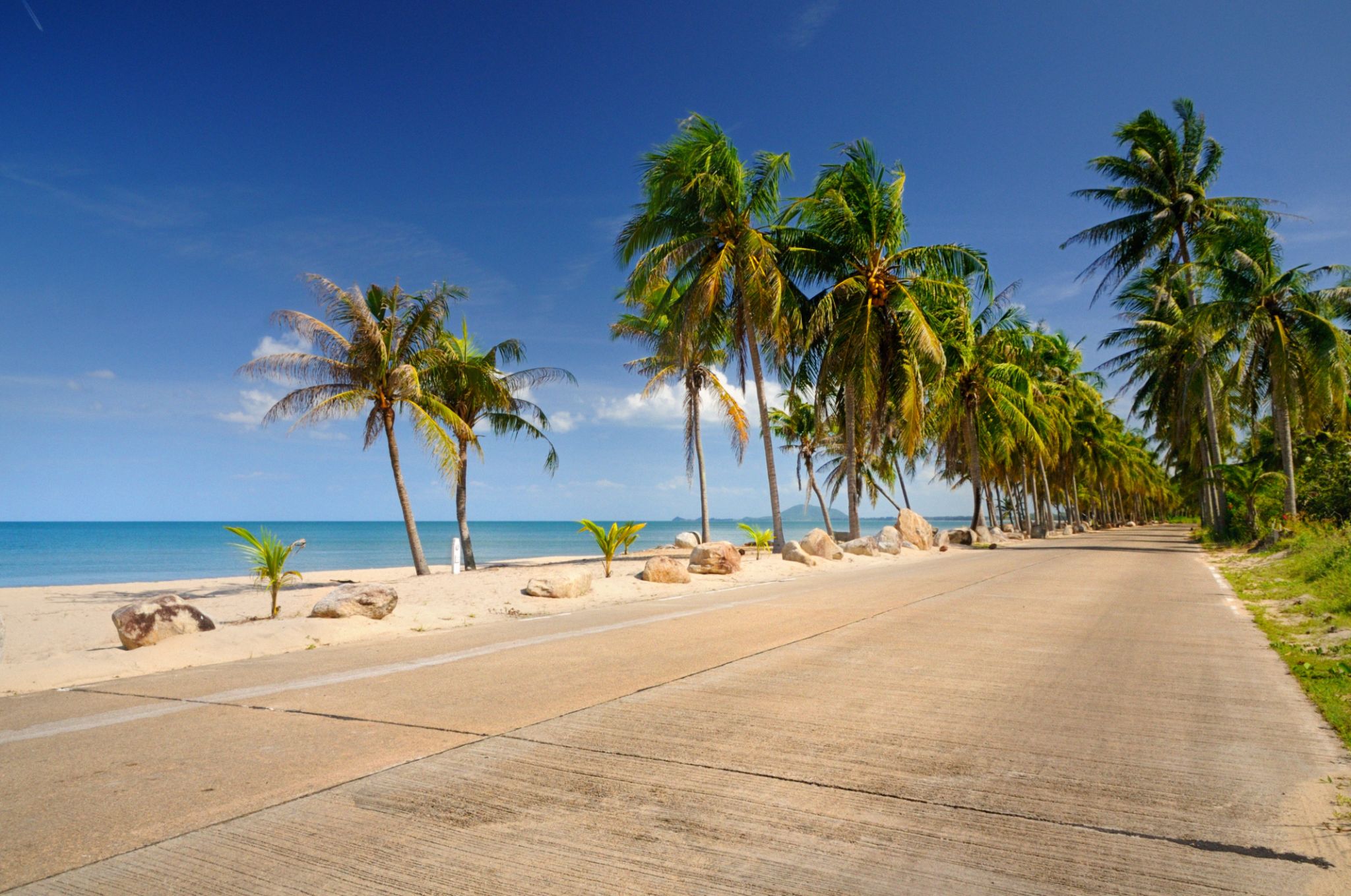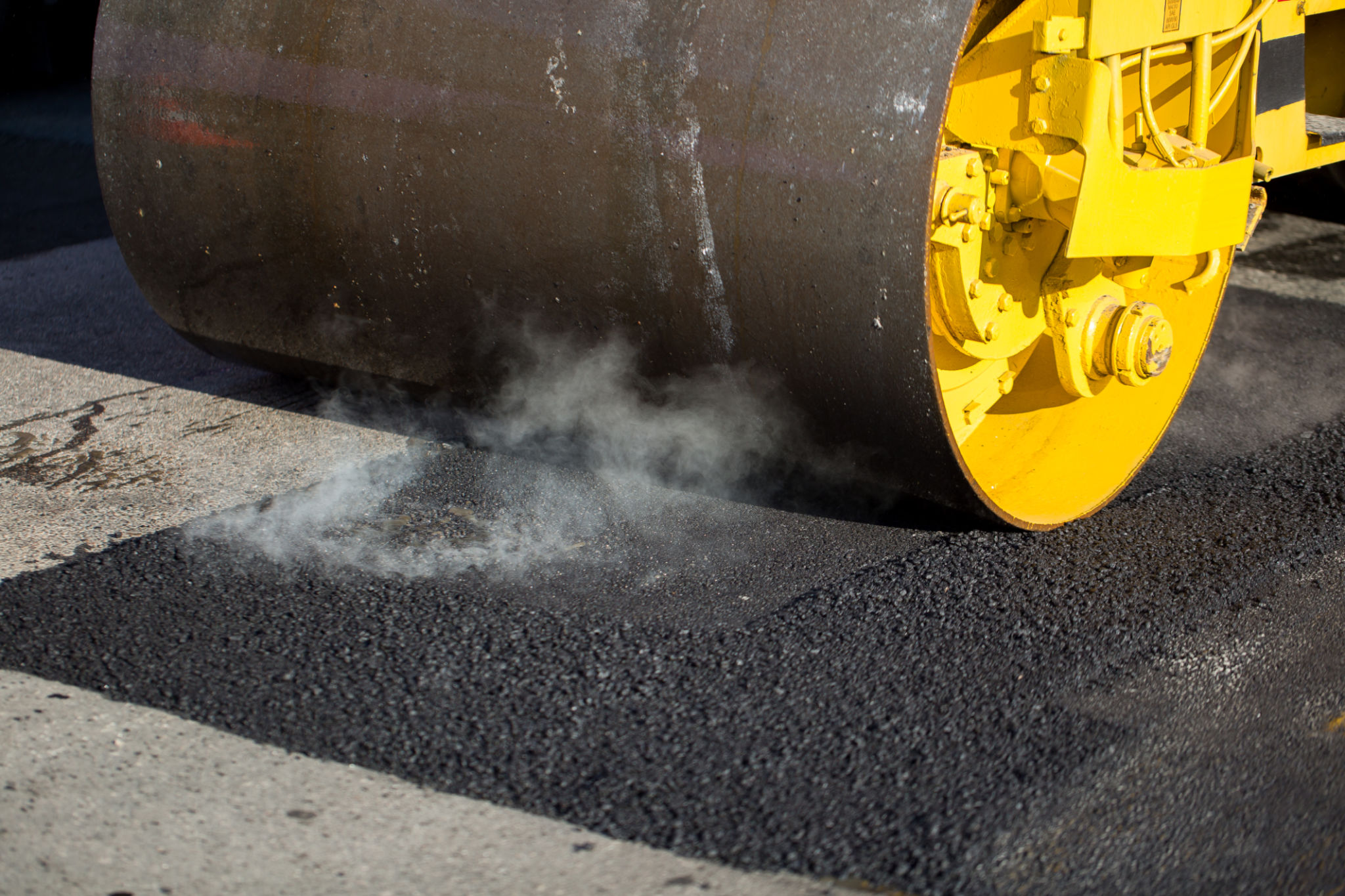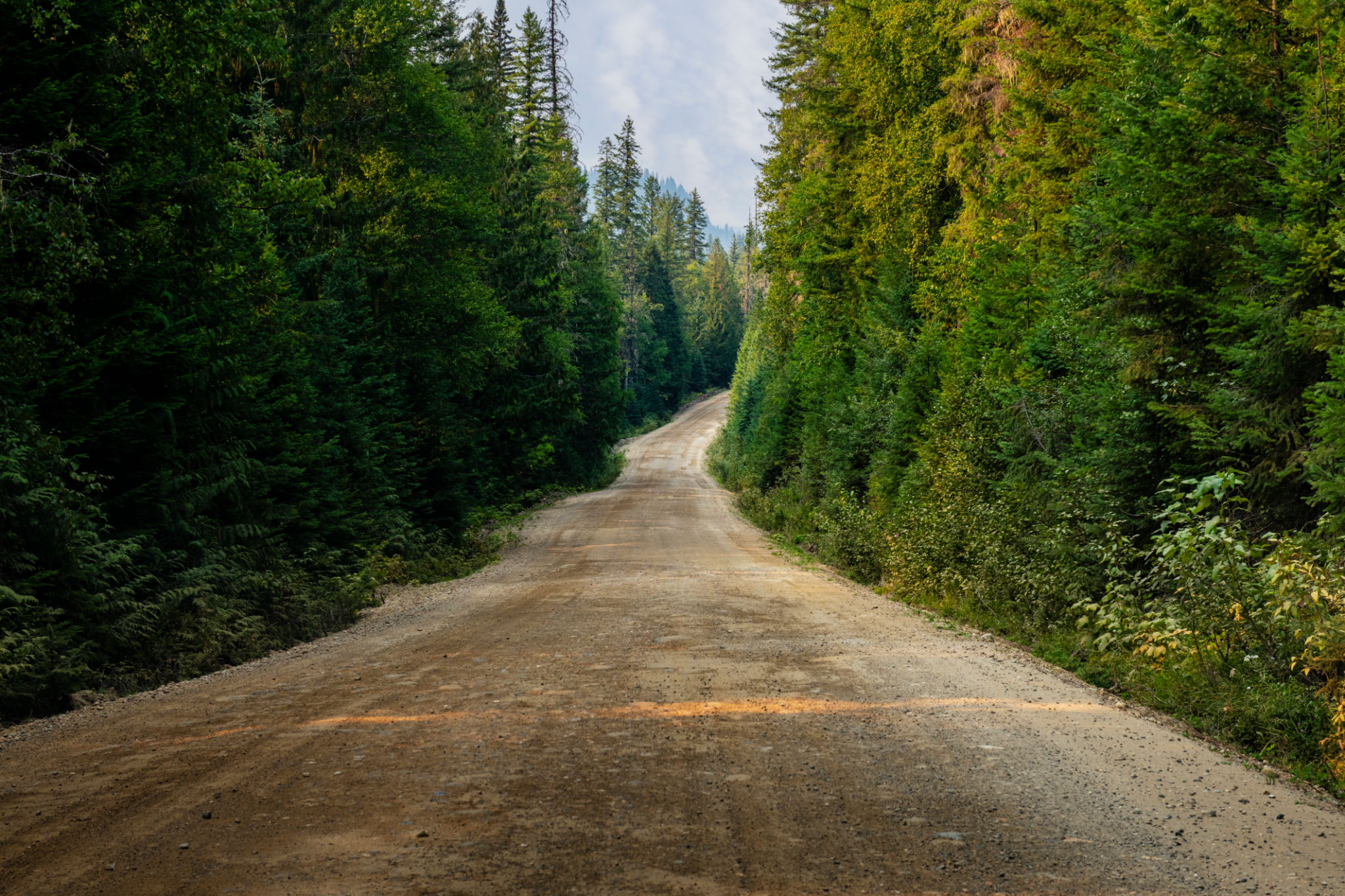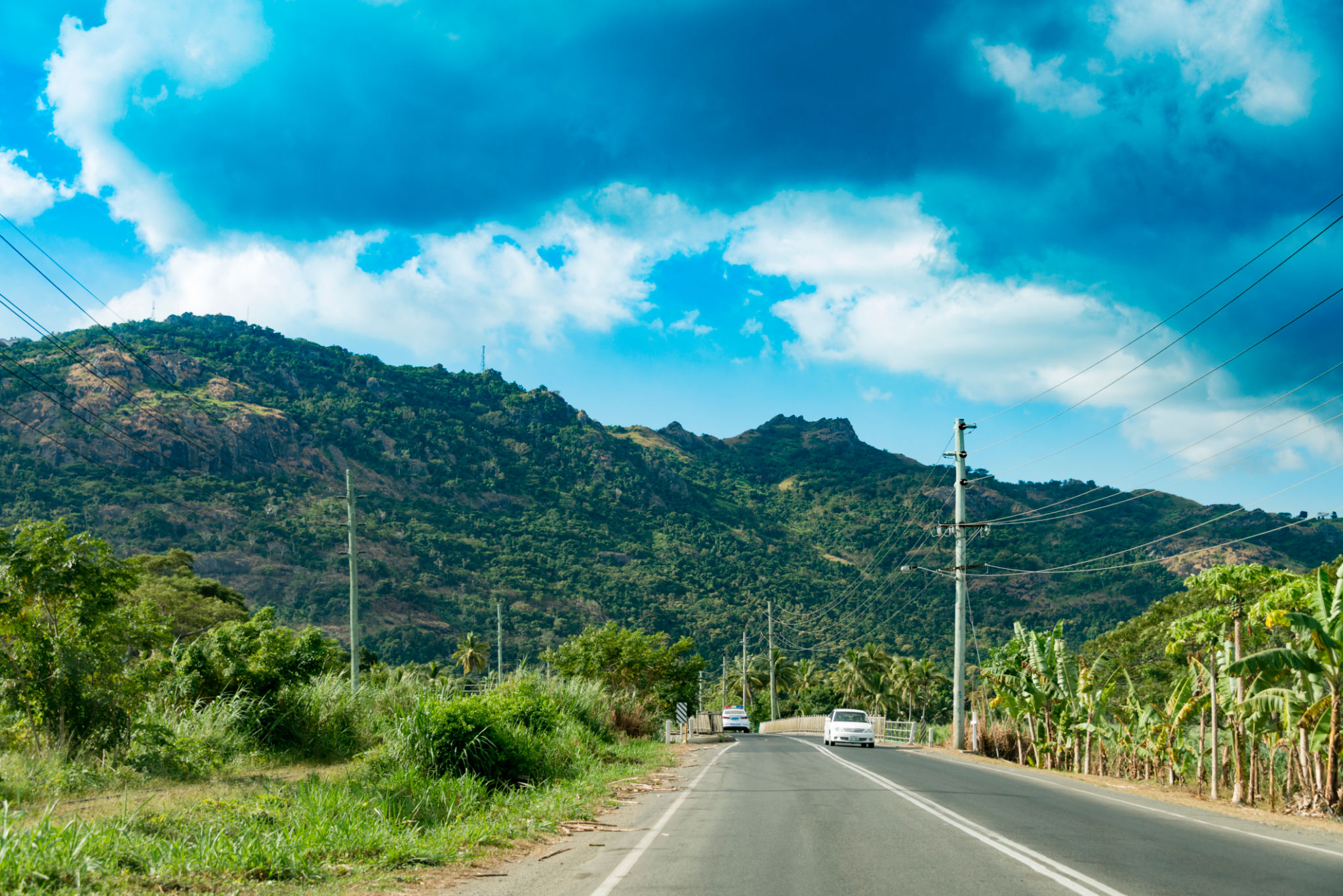Comparing Road Construction Techniques: Which is Best for Fiji's Climate?
KT
Introduction to Road Construction in Fiji
Fiji's unique climate presents both challenges and opportunities for road construction. With frequent rainfall, tropical storms, and varying temperatures, choosing the right construction technique is crucial for longevity and safety. In this blog post, we'll explore some of the most effective road construction methods suited for Fiji's climate.

Traditional Asphalt Pavement
Asphalt is a common choice for many regions around the world. Its flexibility and ability to withstand heavy loads make it popular. However, in Fiji's humid and rainy environment, certain considerations should be made. Regular maintenance is necessary to prevent potholes and cracking, as water infiltration can compromise its integrity.
To improve durability, incorporating modified binders that enhance water resistance can be beneficial. Additionally, ensuring proper drainage systems along roadsides will help in managing excessive rainwater.
Concrete Roads
Concrete roads offer a durable alternative to asphalt, particularly in areas prone to heavy rainfall. Their strength and longevity are well-suited for Fiji's weather conditions. Although they require a higher initial investment, their lower maintenance costs can be advantageous in the long run.

Despite these benefits, concrete roads can be more susceptible to cracking under temperature fluctuations. Implementing expansion joints during construction can help accommodate these changes and improve the road's resilience.
Gravel Roads for Rural Areas
In rural parts of Fiji, gravel roads are a practical and cost-effective solution. They are easy to construct and maintain, making them suitable for low-traffic areas. However, gravel roads can become muddy and challenging to traverse during heavy rains.
To enhance their performance, regular grading and the addition of binding agents can help stabilize the surface, reducing erosion and improving usability during wet conditions.

Innovative Techniques: Permeable Pavements
An emerging technique gaining attention in road construction is permeable pavements. These surfaces allow water to pass through, reducing runoff and promoting groundwater recharge. While still underutilized in many regions, they offer a promising solution for Fiji's wet climate by minimizing flooding risks.
Permeable pavements can be particularly effective in urban areas where managing stormwater is critical. They also contribute to environmental sustainability by reducing surface heat and enhancing water quality.
Conclusion: Choosing the Right Technique
Selecting the best road construction method for Fiji involves assessing various factors such as location, budget, and intended use. While no single technique is perfect for all situations, understanding the strengths and weaknesses of each option is key to making informed decisions.

Combining traditional methods with innovative solutions may offer the best outcomes, ensuring that Fiji's roads remain resilient against its challenging climate while meeting the needs of its communities.
